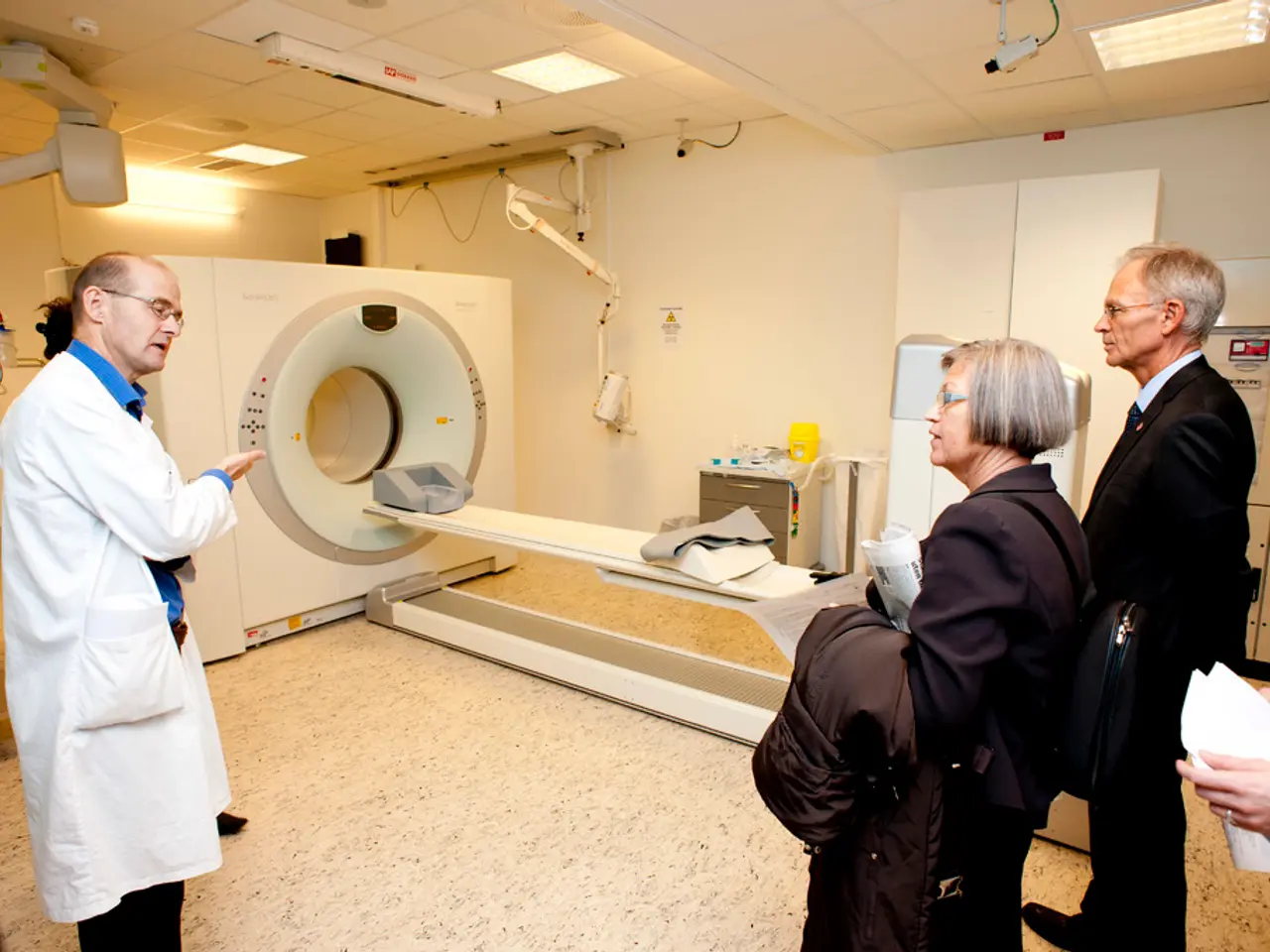Telemedicine Initiatives by Cleveland Clinic Enhancing Healthcare Availability through Remote Consultations
In a significant move to revolutionize healthcare, Cleveland Clinic is expanding its telehealth second opinion program, The Clinic. This initiative aims to break down geographical barriers, improve access to expert care, and reduce costs by leveraging virtual care services.
The Clinic's telehealth second opinion program allows patients to connect with a specialist who has been briefed with their medical records and imaging, without the need for costly in-person visits. This service is particularly beneficial for patients in remote or underserved areas, as well as those who face challenges in scheduling appointments, such as those in Ohio.
Dr. Peter Rasmussen, the chief clinical officer for The Clinic and a neurosurgeon at Cleveland Clinic's Cerebrovascular Center, explains that The Clinic has been instrumental in helping patients who were previously told by their local team that they were inoperable or had no options.
The Clinic's expansion is supported by regulatory changes such as CMS expanding Medicare telehealth coverage, which facilitates increased adoption and reach of virtual care. The program also aligns with broader health system strategies that include operational improvements and technology use to increase efficiency, reducing provider burden and enhancing patient experiences.
Approximately 80% of opinions handled by The Clinic come from the U.S. market, with about half related to heart, cancer, and musculoskeletal conditions. The Clinic also handles opinions for patients with neurological, digestive, urological, and other conditions.
In addition to offering second opinions, The Clinic is developing programs to offer remote management of chronic diseases. Dr. Rasmussen states that about three-quarters of the time, The Clinic makes alterations to the treatment plan for patients, and about a quarter of the time, The Clinic changes the diagnosis for patients. On average, The Clinic saves the payer or the patient about $12,000 when recommending treatment changes.
The Clinic plans to contract directly with payers and employers, and some payers are coupling The Clinic's second opinion with a travel benefit, covering the cost of air travel and hotels for patients who decide to receive follow-up care at Cleveland Clinic.
Moreover, The Clinic has contracted with countries for epilepsy care to provide access to specialized expertise for those who wouldn't otherwise have it. This initiative is particularly important for conditions such as epilepsy in children, where a lack of sophisticated care in many countries leads to children taking multiple medications that impede their ability to function.
In the coming months, Dr. Rasmussen hopes to launch a new component of the program that allows The Clinic to treat patients directly, further enhancing its impact on healthcare. The Clinic is poised to scale virtual second opinions to increase access to expert care while lowering healthcare costs through convenience, efficiency, and enhanced coordination.
The telehealth second opinion program of The Clinic, which is expanding to boost its reach and lower healthcare costs, not only offers remote second opinions to patients but also develops programs for the remote management of chronic diseases. Invention in science and health-and-wellness sector, this initiative of The Clinic aligns with broader health system strategies that aim to increase efficiency, reduce costs, and enhance patient experiences.




